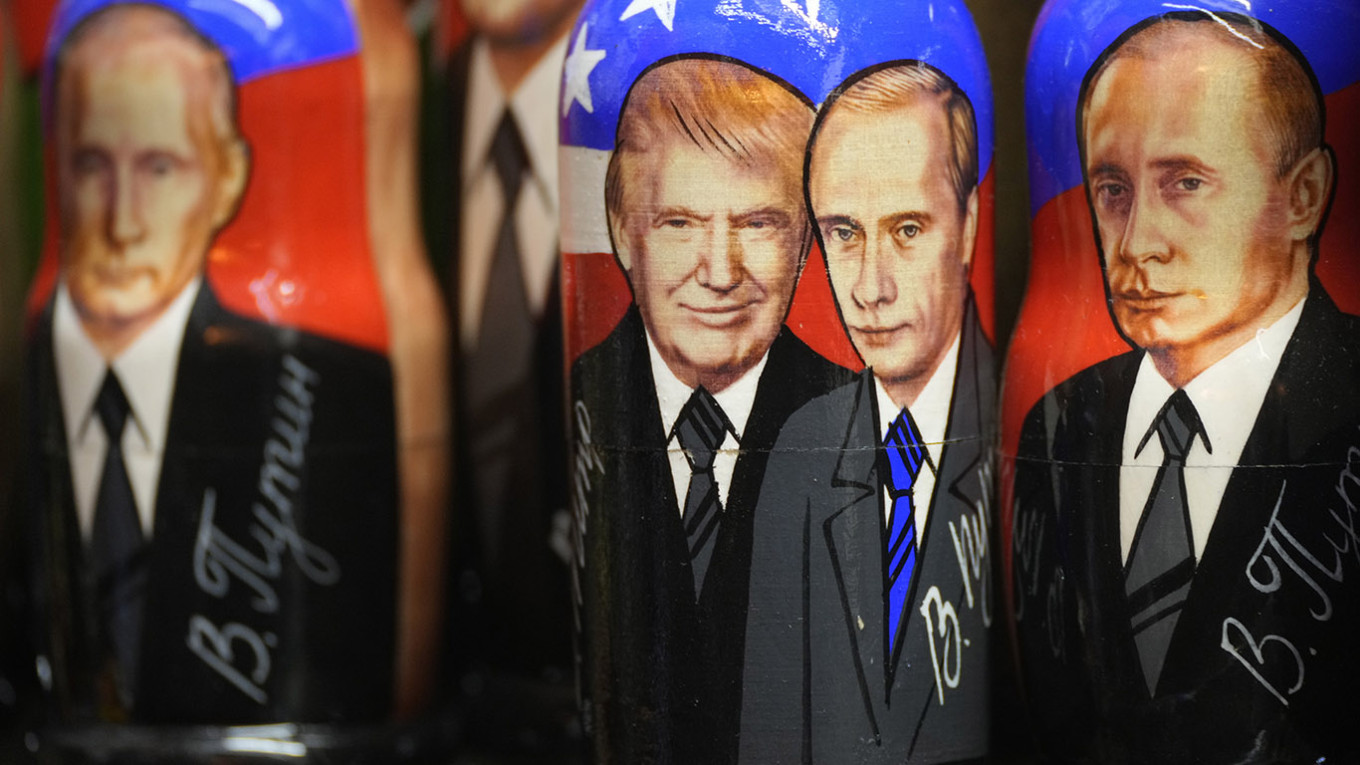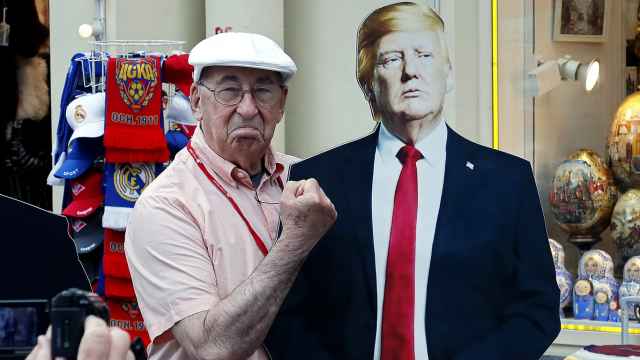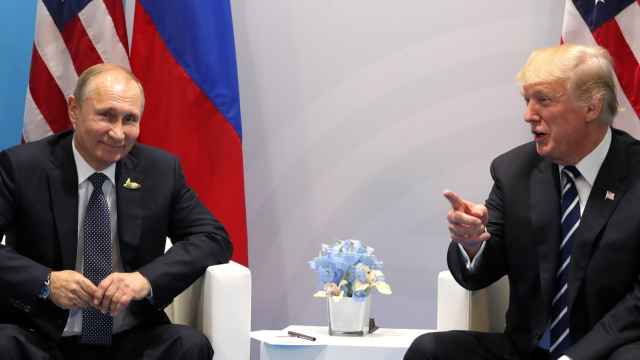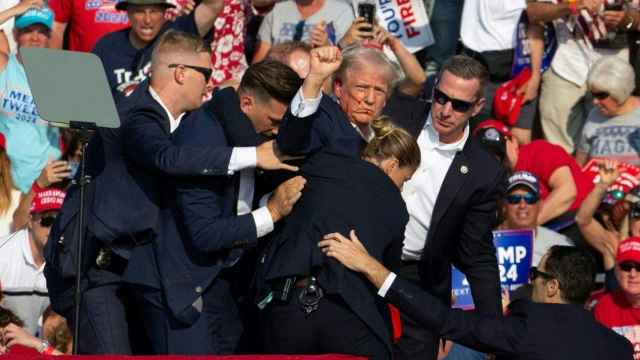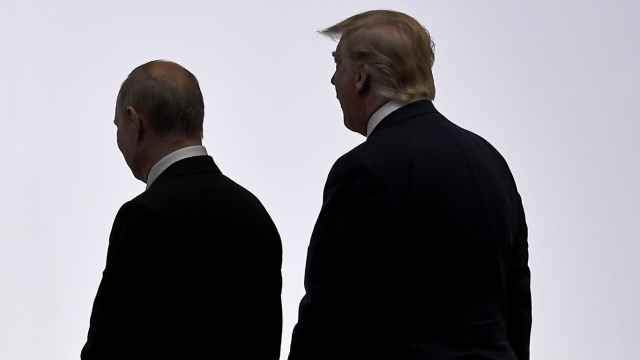Russian officials are celebrating U.S. President Donald Trump’s move to sanction the International Criminal Court (ICC) as a game-changer that will weaken the court’s global influence and hamper the West’s efforts to isolate President Vladimir Putin and his inner circle.
Announced after hosting Israeli Prime Minister Benjamin Netanyahu — himself wanted by the ICC — in Washington, Trump’s sanctions on The Hague-based court could impose financial and visa restrictions on anyone aiding ICC probes against American citizens or allies.
The decision was received with satisfaction and even gloating among top Russian officials, The Moscow Times has learned, with Moscow seeing it as a direct blow to the efforts by Ukraine’s allies to turn Putin into an international pariah.
The Kremlin was reserved in its public response to Trump’s move, with Putin’s spokesman Dmitry Peskov saying: “Russia does not recognize the ICC. U.S. sanctions against them are none of our business.”
“I’m delighted. This is great news. The ICC had gotten too arrogant, and now Washington has put them in their place,” one high-ranking Kremlin official told The Moscow Times on condition of anonymity.
A Russian diplomat was even more blunt, calling Trump’s move "a gift to Moscow."
“This won’t change the situation overnight, but it gives the President, his team and his security services more maneuverability when planning travel. We won’t have a repeat of the BRICS summit fiasco in South Africa,” the diplomat told The Moscow Times.
The response is a stark contrast to the panic felt in Moscow just two years ago, when the ICC issued an arrest warrant for Putin and his children’s rights commissioner Maria Lvova-Belova for the illegal deportations of Ukrainian children.
Seven months later, the court added then-Defense Minister Sergei Shoigu and Chief of the General Staff Valery Gerasimov to its wanted list for attacks on Ukrainian energy infrastructure.
The ICC warrant for Putin sparked an emergency meeting in the Kremlin, where top officials scrambled to assess the fallout.
The Russian president, who is famously deeply concerned with personal security, was forced to cancel key foreign trips, including an appearance at a BRICS summit hosted by ICC member South Africa.
In retaliation, Russia issued arrest warrants for ICC judges and prosecutors involved in the Putin case and criminalized cooperation with the court. Former President Dmitry Medvedev, now a firebrand pro-war hawk, went as far as to threaten a nuclear strike on the ICC’s headquarters in The Hague.
The mood in Moscow has notably shifted since then.
In September 2024, Putin tested the limits of the ICC warrant’s power by visiting Mongolia, marking his first — and so far only — trip to a country recognizing the court’s jurisdiction.
With Trump’s sanctions in place, the Kremlin is hoping even more doors will soon reopen.
Current and former Kremlin and government officials who spoke to The Moscow Times brushed off the court’s efforts to provide justice with the same phrase: “We don’t give a damn.”
A Message from The Moscow Times:
Dear readers,
We are facing unprecedented challenges. Russia's Prosecutor General's Office has designated The Moscow Times as an "undesirable" organization, criminalizing our work and putting our staff at risk of prosecution. This follows our earlier unjust labeling as a "foreign agent."
These actions are direct attempts to silence independent journalism in Russia. The authorities claim our work "discredits the decisions of the Russian leadership." We see things differently: we strive to provide accurate, unbiased reporting on Russia.
We, the journalists of The Moscow Times, refuse to be silenced. But to continue our work, we need your help.
Your support, no matter how small, makes a world of difference. If you can, please support us monthly starting from just $2. It's quick to set up, and every contribution makes a significant impact.
By supporting The Moscow Times, you're defending open, independent journalism in the face of repression. Thank you for standing with us.
Remind me later.



